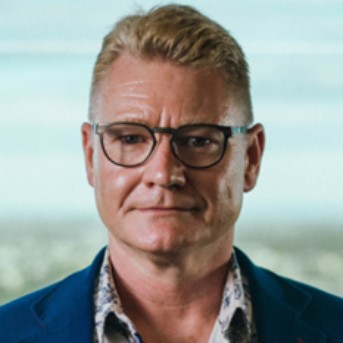 Mark Paterson
Mark Paterson
Principal
Energy Catalyst
- Ensuring grid transformation is a 'mission-critical' priority of regulators and leadership
- Exploring 'future-back' perspectives to ensure that reform is not based on current structures
- Accounting for volatility and disruptive innovation with fit-for-purpose models which allow for dynamic decision making
- Taming the deep technological complexity inherent to industry transformation
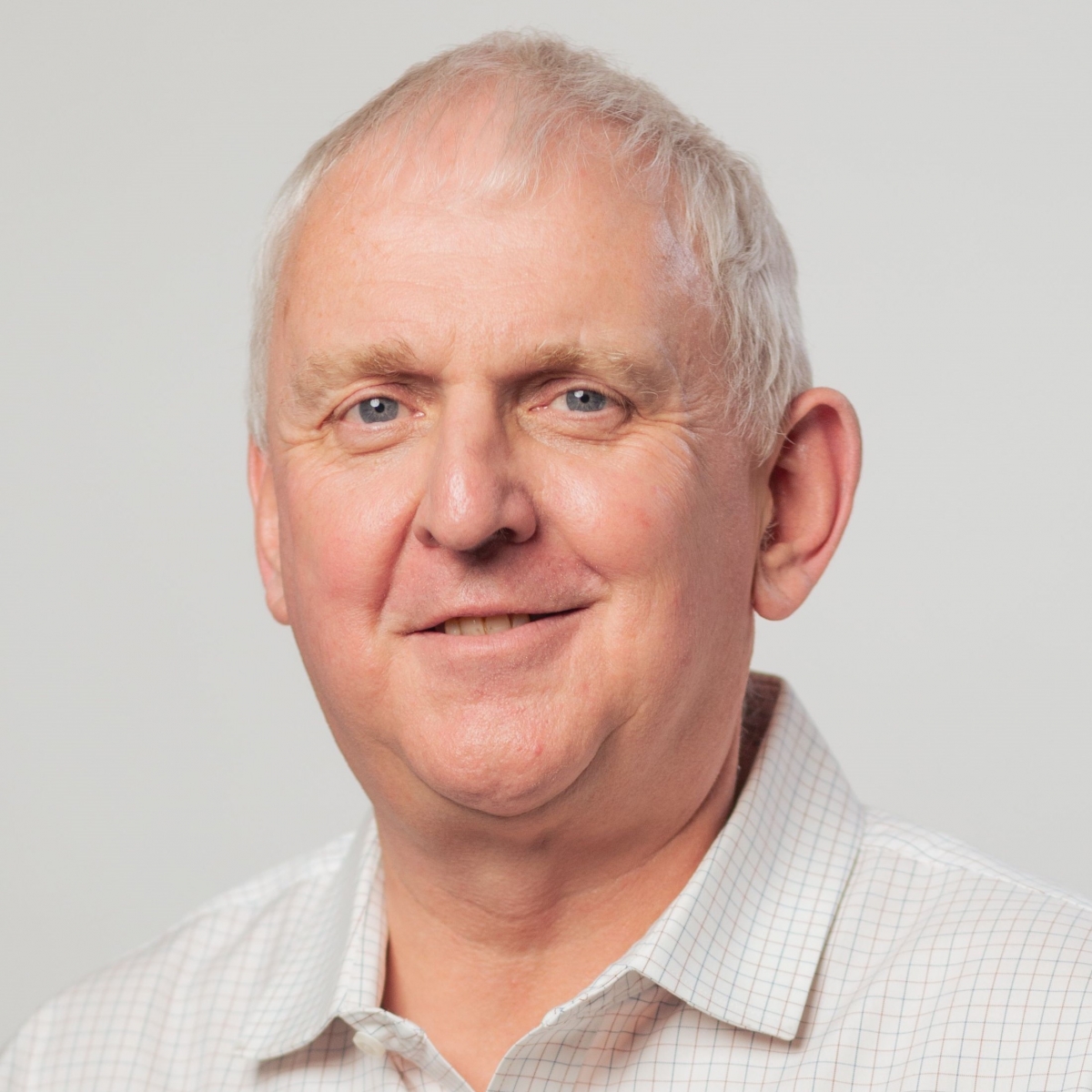 Alistair Parker
Alistair Parker
Chief Executive Officer
VicGrid
- Communication and operational control architecture in a high- Distributed Energy Resources (DER) grid
- Coordinating distribution-level markets with bulk system markets to enhance reliability and economic value
- Aggregation and pricing strategies for energy consumers to become market participants
- Can Distributed Network Service Providers (DNSPs) be trusted with a Distribution System Operator-type role?
 Lorenzo Kristov
Lorenzo Kristov
Principal
Electric System Policy, Structure, Market Design
DER installation rates continue to rise providing an increasingly valuable asset to Australia’s energy transition, but there is considerable complexity to integrating DER into our grids and markets to unlock their value. Doing so requires consideration of issues spanning customer behaviour, technology, cyber security, economic regulation, and of course, the laws of physics.
- How important is DER to Australia’s energy transition anyway?
- Key findings from DER projects in Australia and abroad
- The role of the grid – both transmission and distribution - in unlocking DER value
- What actions are grid operators taking now to better integrate DER, and what else can be done?
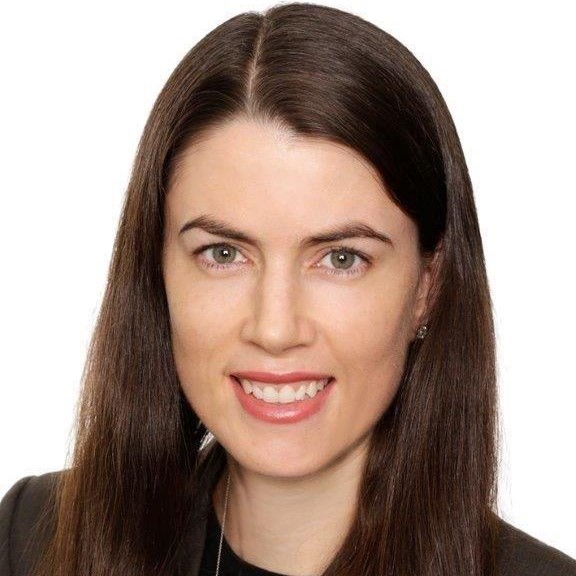 Cara Graham
Cara Graham
Partner, Power & Utilities
EY Australia
- Which reforms could help reduce re-work and improve efficiency, or do we need less regulation altogether?
- Is the Connections Reform Initiative a realistic solution to delays and the increasing complexity in connections?
- How important are repeatable outcomes and predictable connection processes?
- How can a collaborative working model between industry, AEMO, and the NSPs be facilitated?
Panellists:
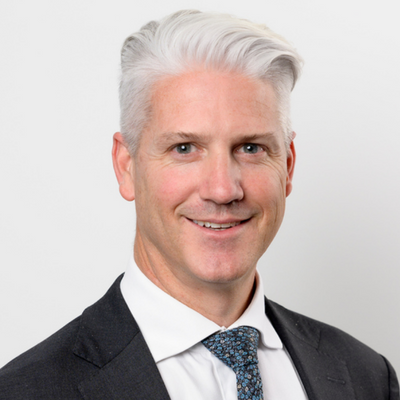 Craig Stallan
Craig Stallan
Executive General Manager
Lumea (Transgrid Group)
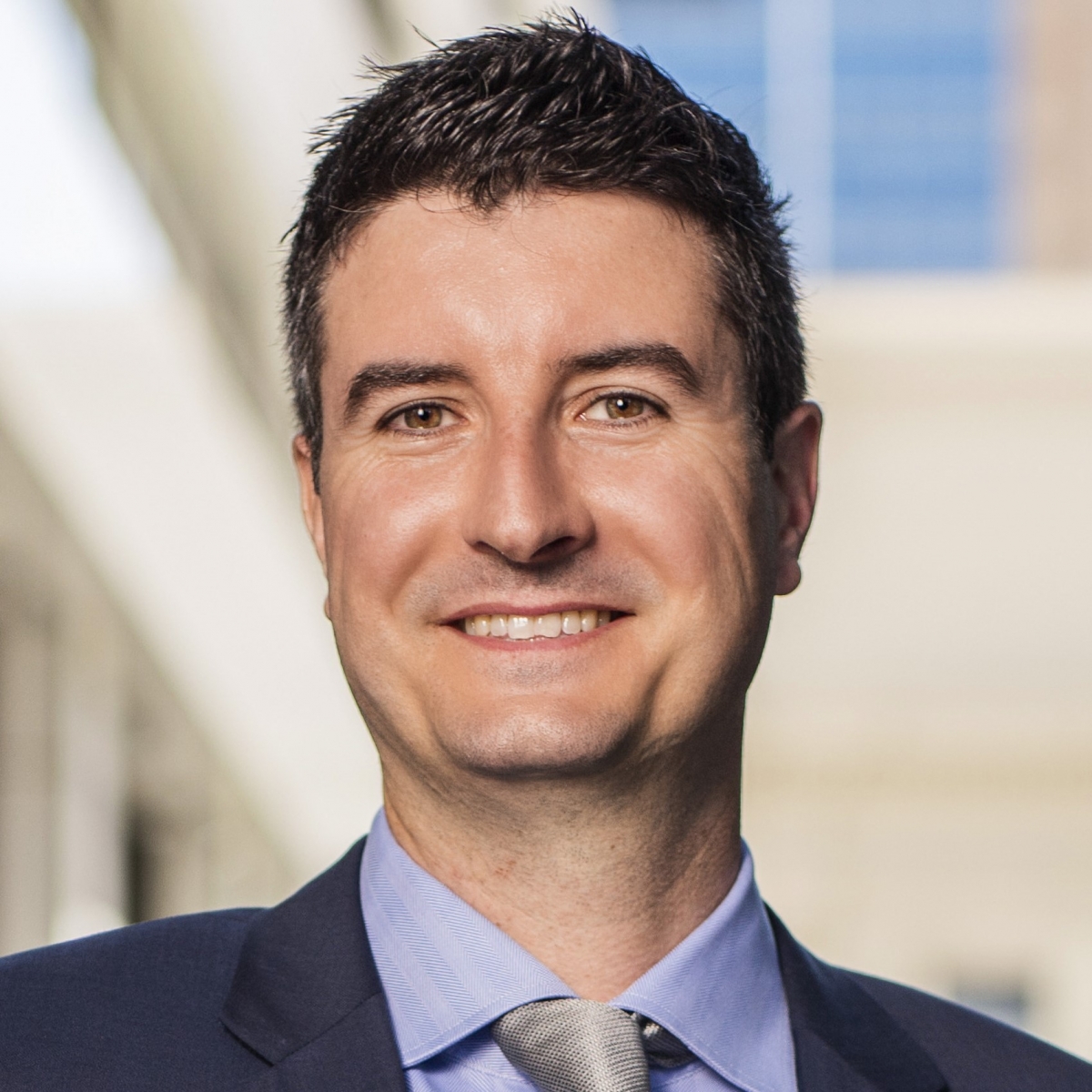 Bobby Vidakovic
Bobby Vidakovic
Executive Director
Clean Energy Finance Corporation (CEFC)
 Alistair Parker
Alistair Parker
Chief Executive Officer
VicGrid
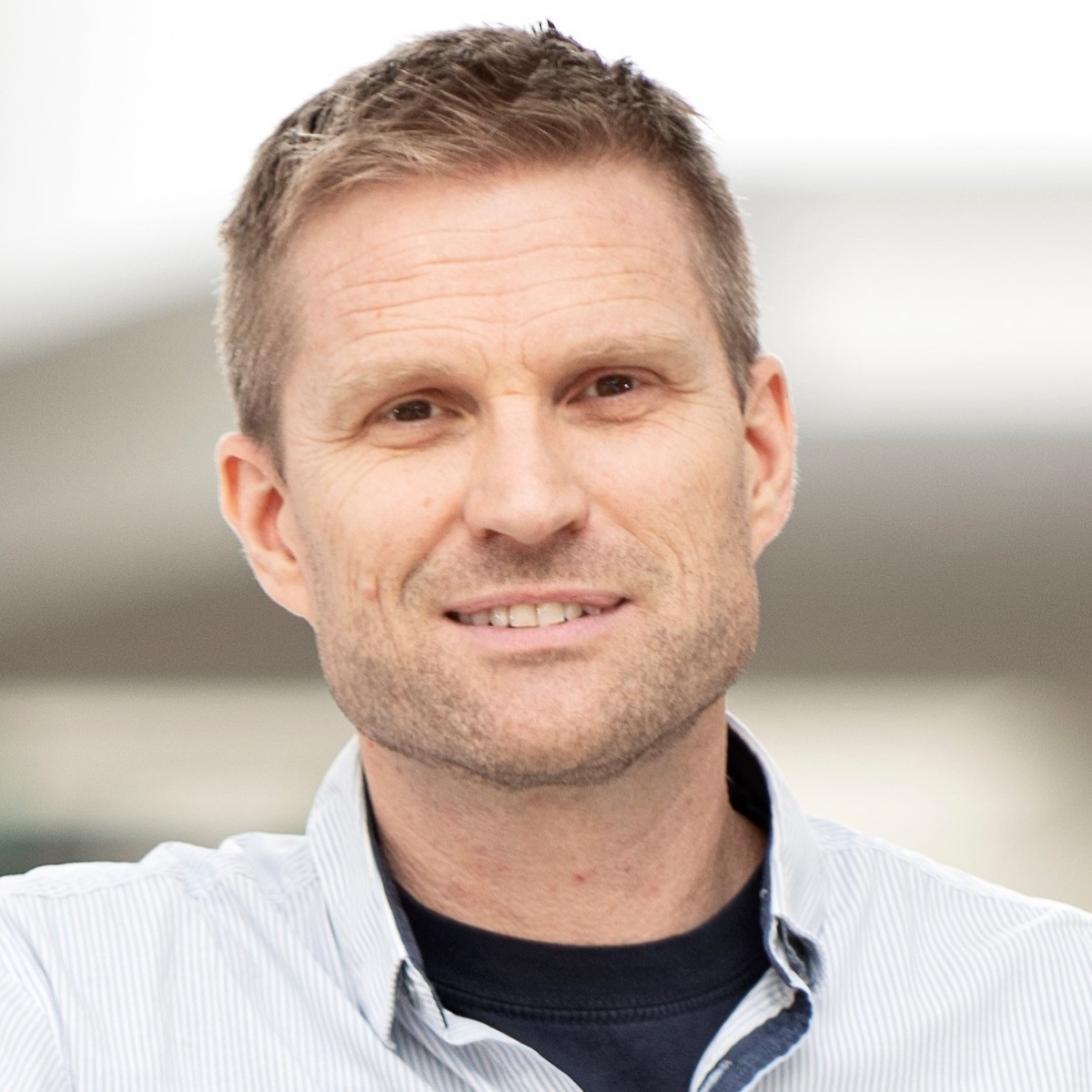 Magnus Soederberg
Magnus Soederberg
Director, Centre of Applied Energy Economics and Policy Research (CAEEPR)
Griffith University
- Getting to grips with the complexity of rebuilding energy system infrastructure - requirements in capital, expertise and time
- The scope of the RTN beyond “Poles and Wires” and priority projects for investment
- Utilising innovative finance structures and flexible approaches to unlock private investment in transmission, renewable energy generation, long duration storage and infrastructure for renewable energy zones
 Gloria Chan
Gloria Chan
Executive Director for Rewiring the Nation
Clean Energy Finance Corporation (CEFC)
- Rapidly expanding energy demand with net zero 2050 challenge
- Dramatic growth in renewable energy with challenges of intermittent supply
- The grid landscape today: Decentralisation of energy and complexity of operations
- ABB’s 360-degree approach to the growing energy demand
 Orhan Yilmaz
Orhan Yilmaz
Product Marketing Manager
ABB Australia
- Designing and delivering new reforms that contribute to the stability and reliability of the changing electricity system
- Assessing the success of recently launched Frequency Control Ancillary Services (FCAS) markets
- Allowing participants with aggregate systems to manage and dispatch their energy in the most cost and energy efficient way
 Violette Mouchaileh
Violette Mouchaileh
Executive General Manager Reform Delivery
Australian Energy Market Operator (AEMO)
 Craig Stallan
Craig Stallan
Executive General Manager
Lumea (Transgrid Group)
- Analysing whether AI is a revolution for the grid, or an overhyped illusion
- Defining where AI is most effectively deployed for boosting grid productivity
- Practical starting points and pathways to avoid the quicksand of unrealistic expectations
 Jim Bullock
Jim Bullock
Director, Energy and Sustainability, Asia
Microsoft
- Has the notion of an ‘orderly transition’ become irrelevant in the scramble to build adequate transmission?
- Assessing the effectiveness of current regulations in addressing transition challenges.
- Strategies to match current grid building priorities with a regulatory system in flex
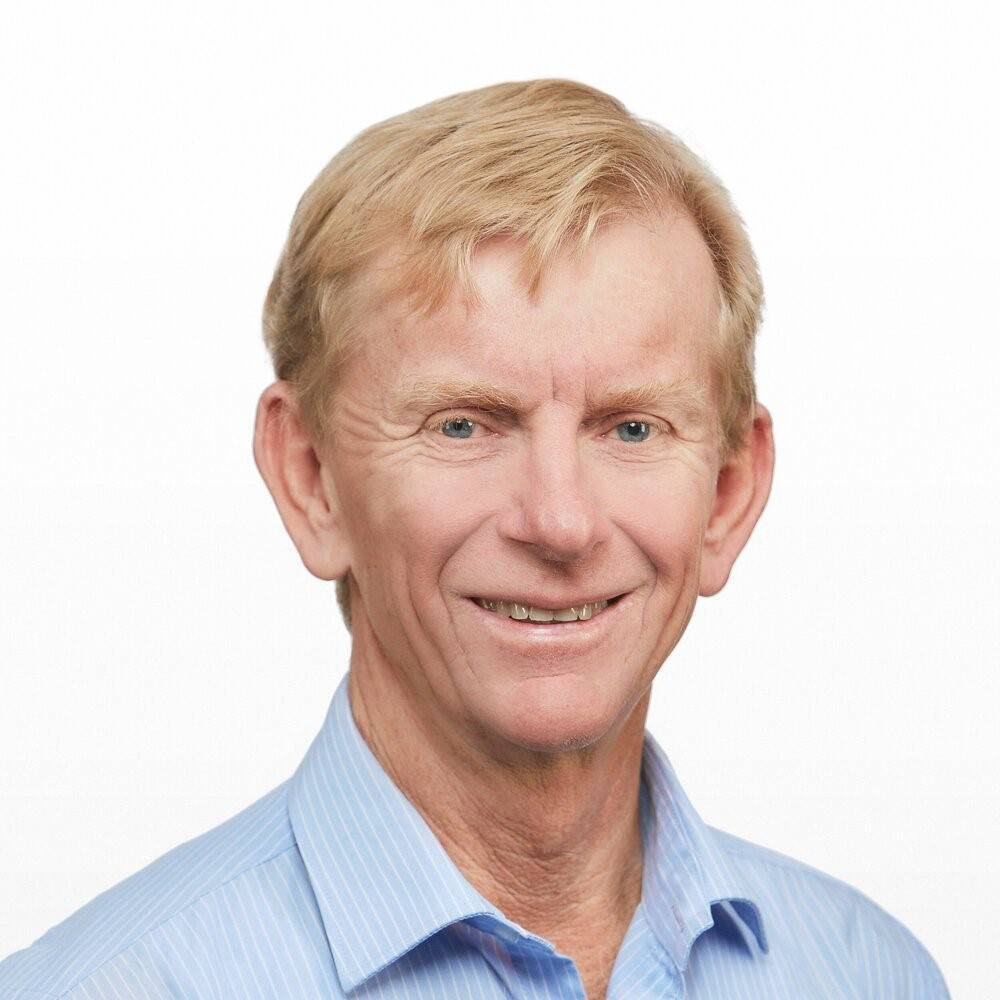 Peter Price
Peter Price
Executive General Manager Engineering
Energy Queensland
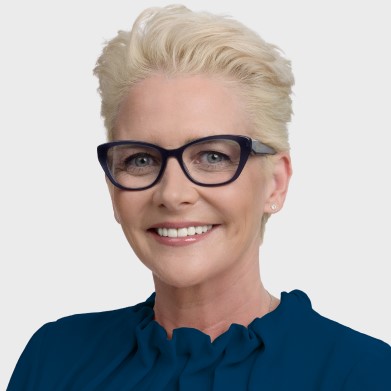 Maryanne Graham
Maryanne Graham
Executive General Manager Corporate & Stakeholder Affairs
Transgrid
- How can EVs, home batteries and rooftop PV be integrated?
- What are solutions to increases in energy use due to electrification?
- How should distribution networks plan for future increases in both DER and electrification?
Moderator:
 Violette Mouchaileh
Violette Mouchaileh
Executive General Manager Reform Delivery
Australian Energy Market Operator (AEMO)
Panellists:
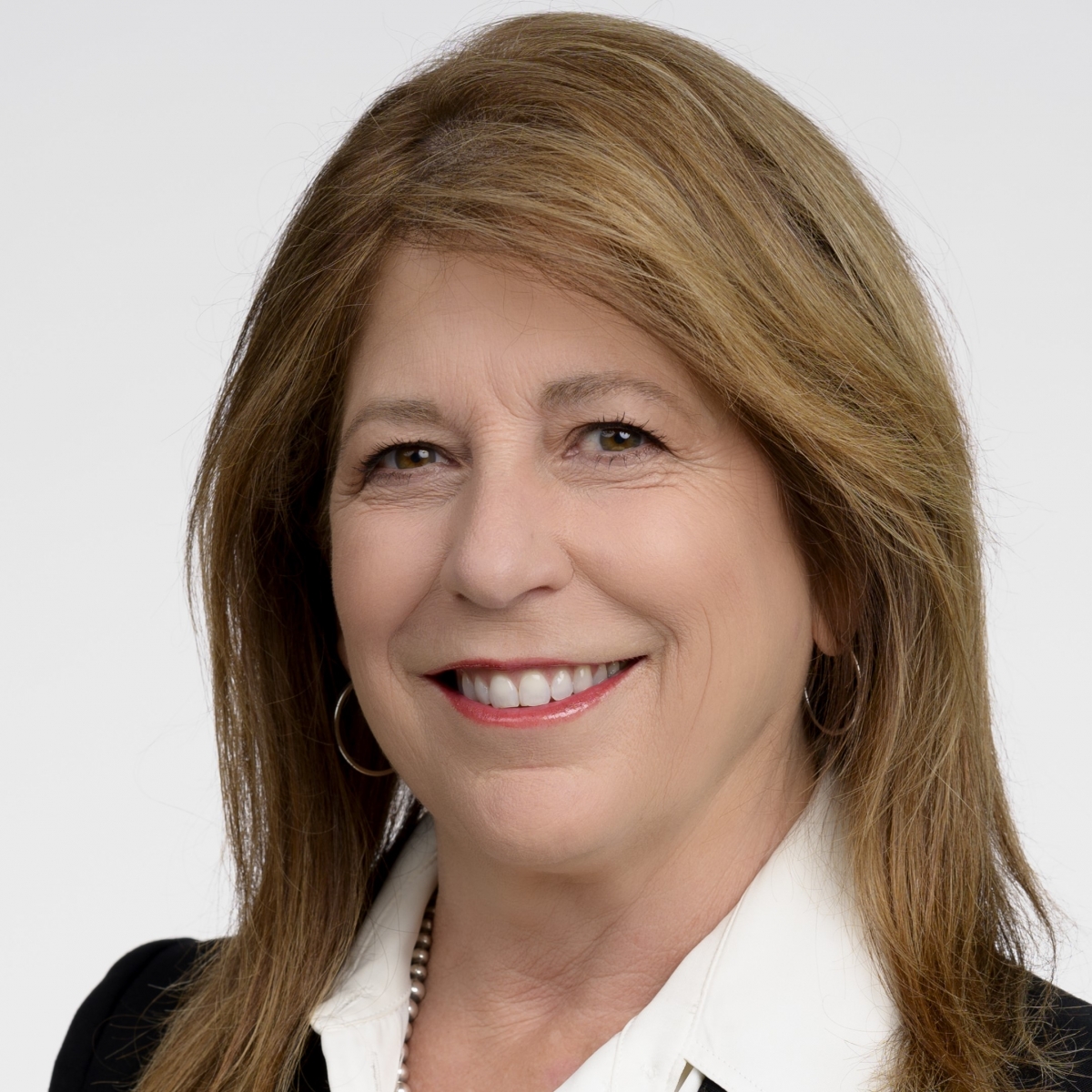 Marie Jordan
Marie Jordan
Executive General Manager
Transgrid
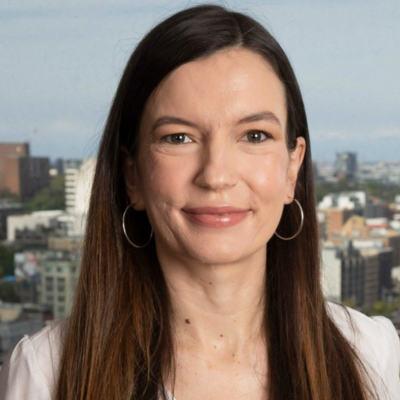 Alida Jansen van Vuuren
Alida Jansen van Vuuren
Head of DSO
Ausgrid
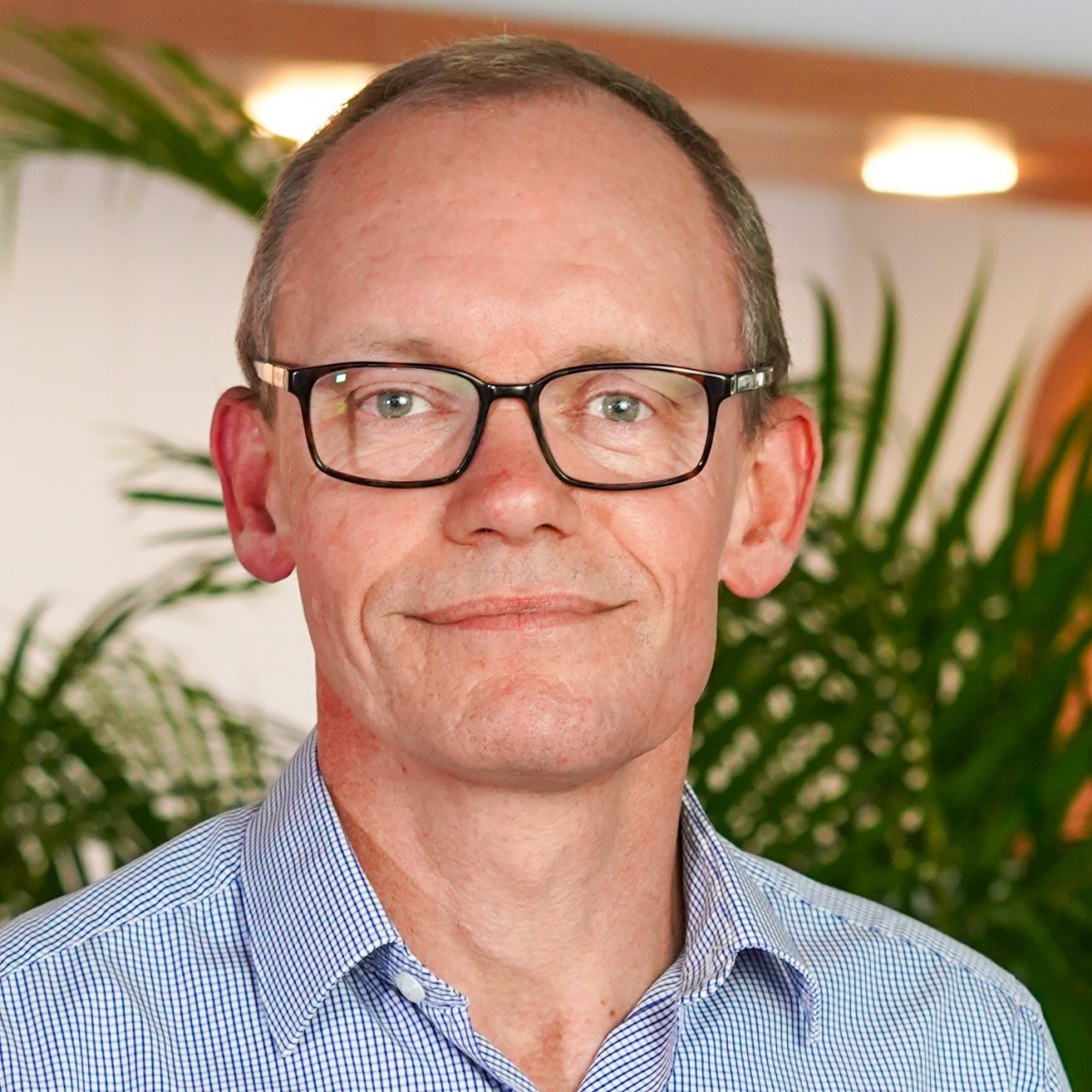 Justin Hillier
Justin Hillier
Chief Commercial Officer
Essential Energy
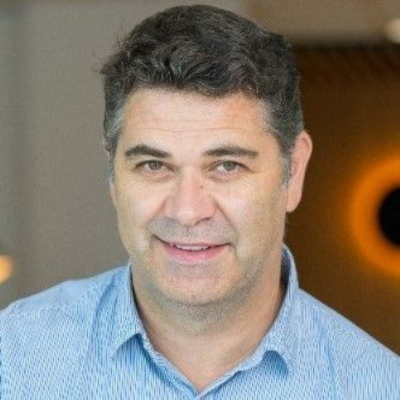 Rod Jones
Rod Jones
General Manager, Network Strategy & Planning
AusNet Services
GE Vernova


